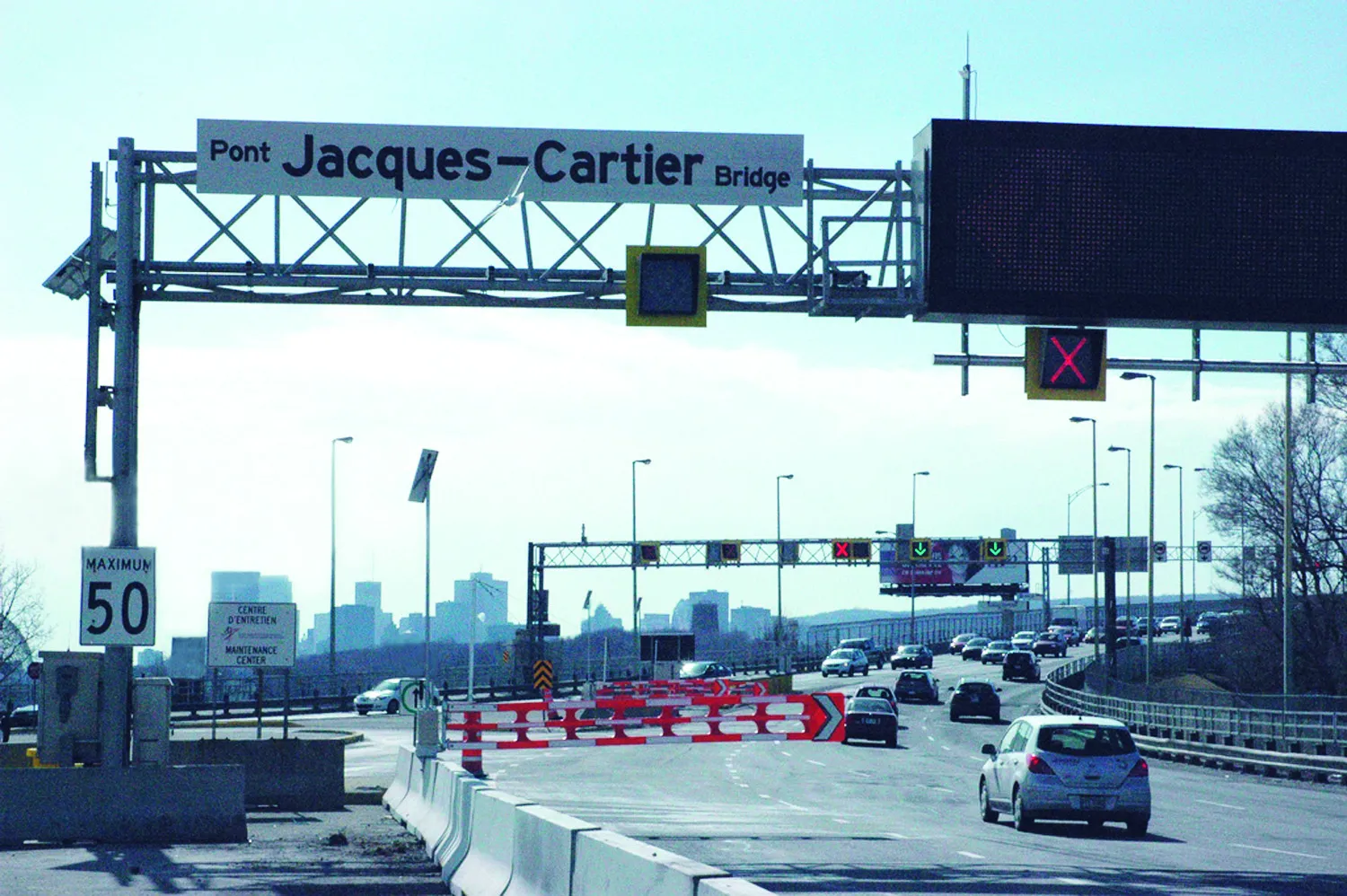There is widespread consensus across Europe that the road death rate remains too high. There was an average of 51 road deaths/million inhabitants in the
Europe’s road death rate still too high
There is widespread consensus across Europe that the road death rate remains too high. There was an average of 51 road deaths/million inhabitants in the EU during 2016. Overall, there was a 2% drop in the number of road deaths between 2015-2016 in the EU. But this 2% fall in 2016 followed a 1% increase in road deaths during 2015 and a plateau during 2014. Overall, the number of road deaths recorded in Europe has fallen by a mere 1% since 2013. Switzerland was the Road Safety PIN Award Winner 2017, with the
July 12, 2017
Read time: 1 min







